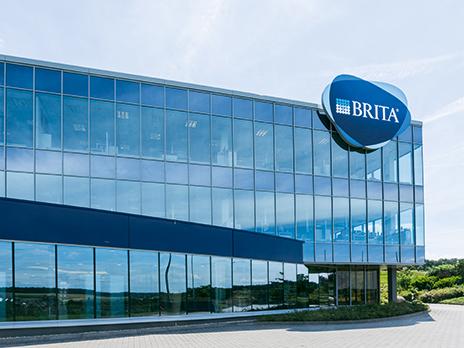While some businesses have built brands on the back of environmental performance and therefore see investment in this area as strengthening their brand position in the market, there remain many, particularly SMEs, who can’t invest upfront capital or resource without a clear and short-term financial return on investment. For me, there are two options here. First, trade associations have a clear role to play in creating sector-based targets, encouraging inward investment and ensuring good practice is shared to encourage individual businesses to move forward collectively. Second, government can legislate to require improved performance, delivering a level playing field against which all businesses must move forward.

How much of an impact on the environment can any individual business really have?
Individuals ask the same question – ‘what difference can I make?’. The answer is a substantial difference, if enough people do it – and the same applies to business. Any business can take action across three key areas – within its own operations, with its suppliers and with its customers.
Reducing carbon emissions must be a primary aim. Measuring and reducing scope one, two and three emissions should encourage a business to work with its suppliers and customers, and also consider the embedded carbon not just in fuel, utility and energy use, but also within the products and services it provides. However, seeking to reduce waste can be an aim in its own right, and often has additional consequences such as reducing littering, when linked to reduced or eliminated packaging. This is an area that Keep Britain Tidy has worked on successfully in partnership with many businesses.

Why should hospitality businesses seek to become more environmentally friendly?
The hospitality sector is a critical and growing element within our service-based economy and therefore I believe it’s imperative that it leads the way in becoming more environmentally friendly. It can also be resource hungry, through energy and water use within premises, unnecessary consumption of single use packaging, and excessive production of food waste. Not only can capital investment and changes to management practice reduce a business’ environmental impact, but it usually also provides a financial return. Post ‘Blue Planet’, the public is arguably more environmentally aware, and so those businesses that can provide both first class environmental credentials and a great customer experience may well have the competitive edge in future.
It’s for this reason that Keep Britain Tidy manages the international Green Key Award, the leading standard for environmental responsibility and sustainability within the tourism and hospitality sectors. Guests using Green Key facilities can be confident they are supporting sustainable business and making a difference through their own actions and choices.




